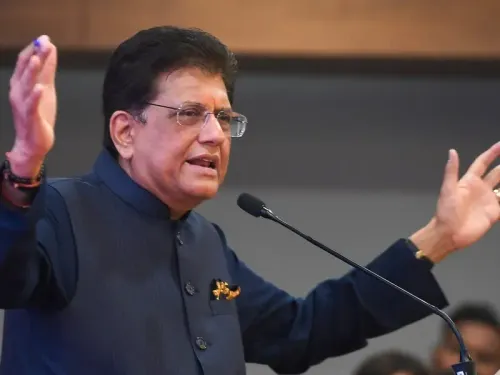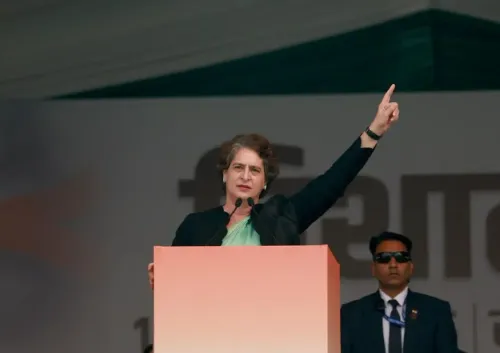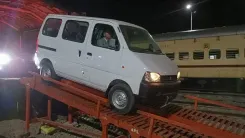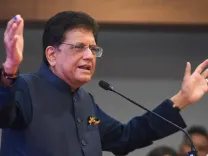Is Union Minister questioning Keeladi excavation findings?
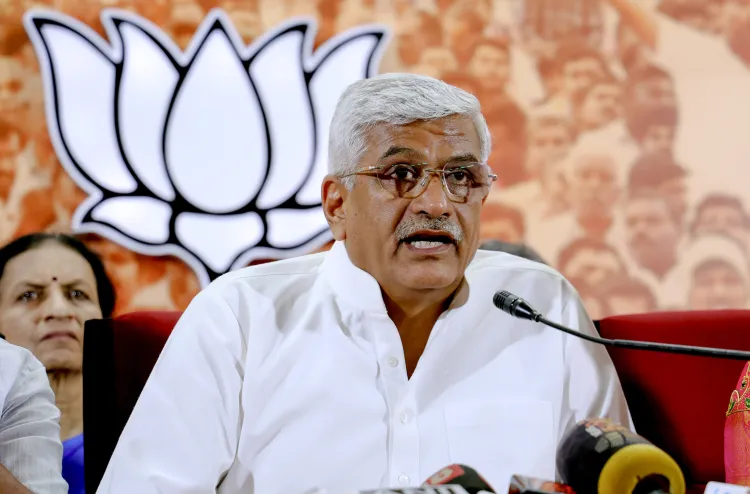
Synopsis
Key Takeaways
- Union Minister questions authenticity of Keeladi findings.
- Call for more scientific validation of reports.
- Dr. Ramakrishna defends the integrity of his research.
- Concerns over political influence on archaeological discoveries.
- Findings suggest an urban civilization in Tamil Nadu during the Sangam age.
Chennai, June 10 (NationPress) Union Minister for Culture and Tourism Gajendra Singh Shekhawat expressed his apprehensions regarding the authenticity of the archaeological findings from the Keeladi excavation site in Tamil Nadu on Tuesday, urging for more scientific validation of the reports submitted to the Archaeological Survey of India (ASI).
During a press briefing in Chennai, Shekhawat mentioned that the reports compiled by archaeologist Dr. Amarnath Ramakrishna, who led two significant phases of the Keeladi excavation in Sivaganga district, lack adequate technical support.
“The reports are yet to be technically substantiated or established. There is still much work to be done before acknowledging or endorsing the findings presented by the archaeologist who conducted the survey,” he stated. “They need to provide more results, data, and evidence, as a single finding cannot alter the entire narrative.”
The Union Minister also expressed concern over perceived attempts to politicize archaeological discoveries. “Individuals in such positions are attempting to leverage this to foster regional sentiments. That is unjust. We must exercise caution. Let archaeologists, historians, and technical experts discuss this, rather than politicians,” he added.
This statement arrives amidst an ongoing dispute between the ASI and Dr. Ramakrishna regarding the latter’s final excavation report.
Although the archaeologist submitted his findings to the Director General of the ASI on January 30, 2023, the ASI returned the report, requesting revisions to enhance its authenticity and clarity before considering publication.
Dr. Ramakrishna, however, has declined to amend the report, defending the integrity of his research. In his written reply, he asserted that further examination of the excavation sequence would not affect the well-reasoned and conclusive findings from the Keeladi site.
The ASI’s decision to withhold publication of the report has faced significant criticism, with claims that the agency is intentionally delaying the release due to political influences.
Critics allege that the ASI is “not interested” in publishing a report that could challenge established historical narratives.
In response to these criticisms, the ASI has dismissed such allegations as unfounded and claimed that these assertions are “a figment of imagination.” In an official statement, it emphasized that the request for revision was made solely to improve the scientific quality and credibility of the report, not to suppress any findings.
The Keeladi excavations report suggested that an urban civilization existed in Tamil Nadu during the Sangam age along the banks of the Vaigai river. The artifacts uncovered date back to a period between the sixth century BCE and the first century BCE. These findings have extended the timeline of the Sangam age to 800 BCE.



